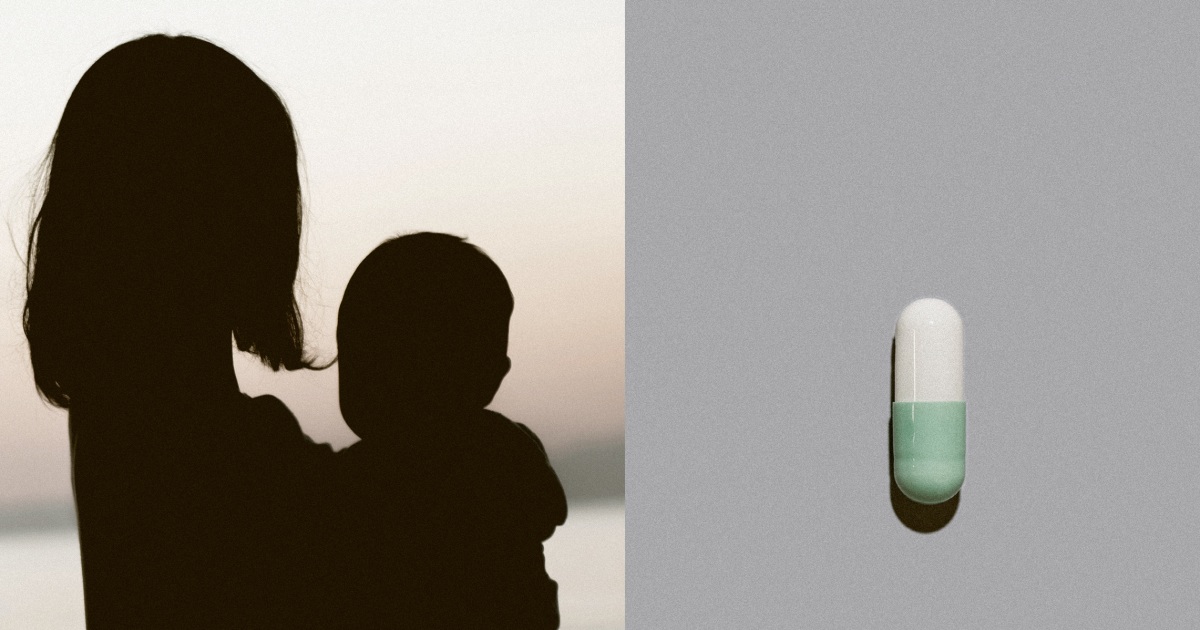
Postpartum Depression: A Silent Struggle for New Mothers
Postpartum depression (PPD) is a common yet often overlooked mental health condition that affects women after childbirth. According to the American Psychological Association, up to one in seven women experience symptoms of PPD, which can range from mild sadness and anxiety to severe depression and suicidal thoughts.
The causes of PPD are complex and multifaceted. Hormonal changes following childbirth, lack of sleep, stressors related to caring for a newborn, and pre-existing mental health conditions are some of the contributing factors.
Recent advancements in medical research have led to the development of new treatments for PPD. One such treatment is Zuranolone (Zurzuvae), a neurosteroid medication that was approved by the FDA in August 2023 for use in treating postpartum depression.
The first-ever pill specifically designed to treat PPD, Zuranolone has shown promising results. In clinical trials, it has been shown to improve symptoms of severe PPD such as anxiety, difficulty sleeping, loss of pleasure, low energy, guilt or social withdrawal within three days.
Despite these advancements in treatment options and increased awareness around maternal mental health issues, many women continue to face barriers when seeking help for PPD. Identifying at-risk women with postpartum psychiatric illness can be challenging due to disparate data collection methods and management of data. Only 15.8% of women with PPD received treatment, and 3.2% achieved remission according to a study published in the Journal of Clinical Psychiatry.
Some obstacles include lack of complete research on why women fall off the treatment curve and inadequate care navigation for patients. The COVID-19 pandemic has further complicated matters by limiting access to mental health services and increasing stress levels for new mothers.
New Hope: Zuranolone (Zurzuvae)
The introduction of Zuranolone as a treatment option offers hope to many women struggling with PPD. The medication, which is taken daily for two weeks in the evening with a fatty meal, has been shown to improve symptoms of severe PPD within three days.
However, it comes with some side effects such as drowsiness, dizziness, diarrhea, fatigue and urinary tract infections. It is classified as a Schedule IV controlled substance due to its potential for abuse and dependence.
Despite these concerns, the benefits of Zuranolone outweigh the risks for many women. The medication has been shown to significantly reduce symptoms of PPD and improve overall well-being.
The Role of Healthcare Providers: Identifying At-Risk Women and Enhancing Access to Care
Healthcare providers play a crucial role in identifying at-risk women with postpartum psychiatric illness, ensuring they receive appropriate care, and addressing any barriers that may prevent them from accessing treatment. This includes implementing effective screening programs, providing education on the importance of mental health care for new mothers, and advocating for increased funding and resources to support maternal mental health initiatives.
In conclusion, postpartum depression is a serious condition that affects many women following childbirth. Despite recent advancements in treatment options such as Zuranolone (Zurzuvae), there are still significant barriers to accessing care for PPD. Healthcare providers must continue to prioritize maternal mental health and work towards enhancing access to care, reducing stigma, and increasing awareness around this important issue.




